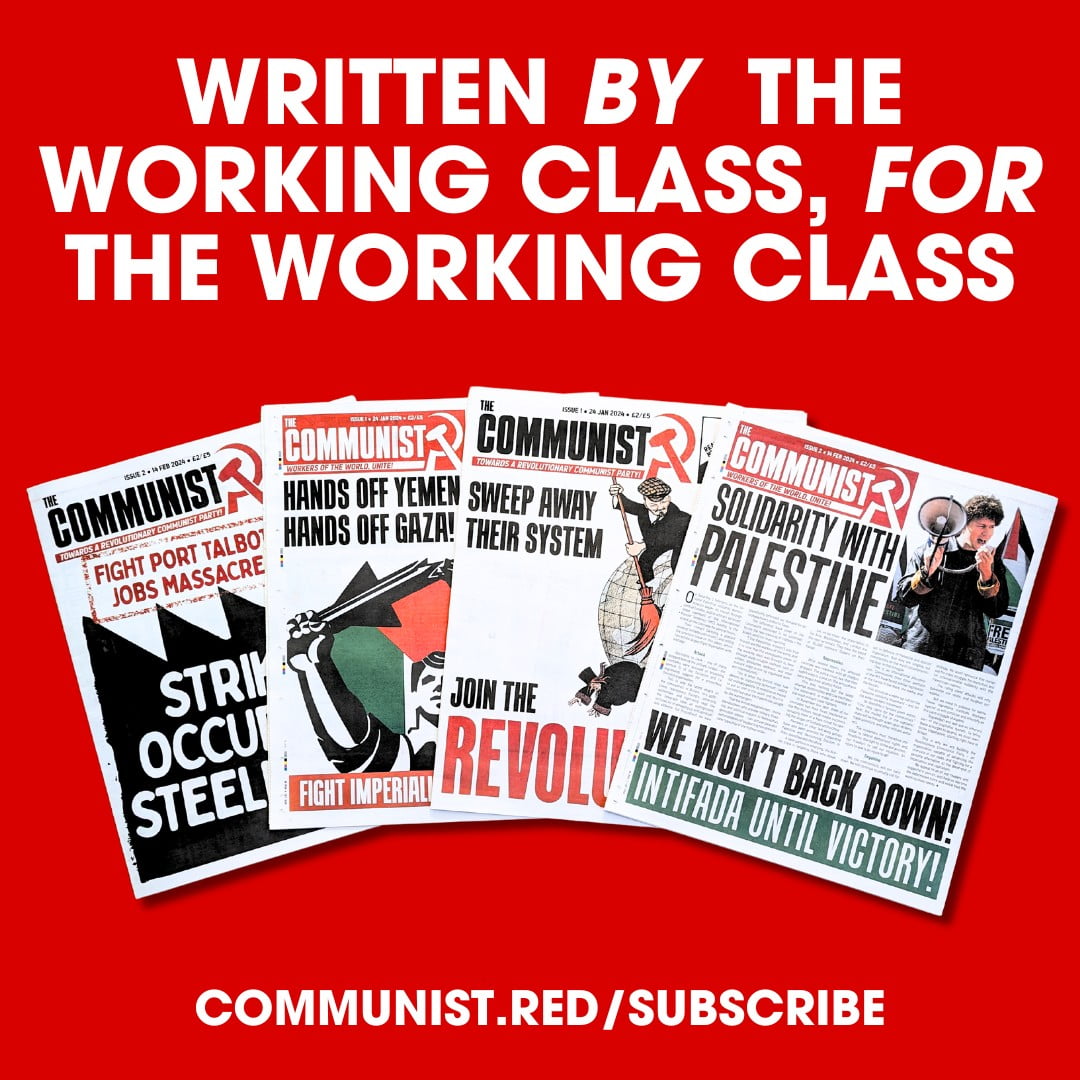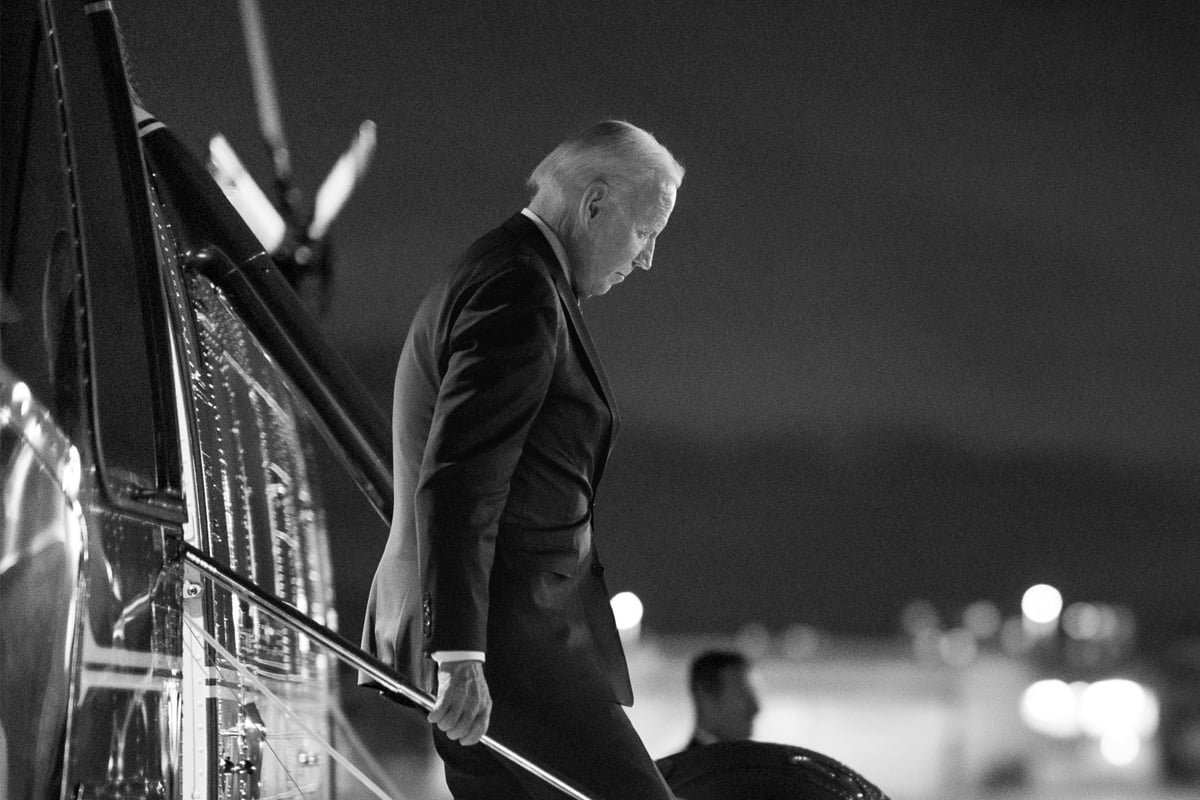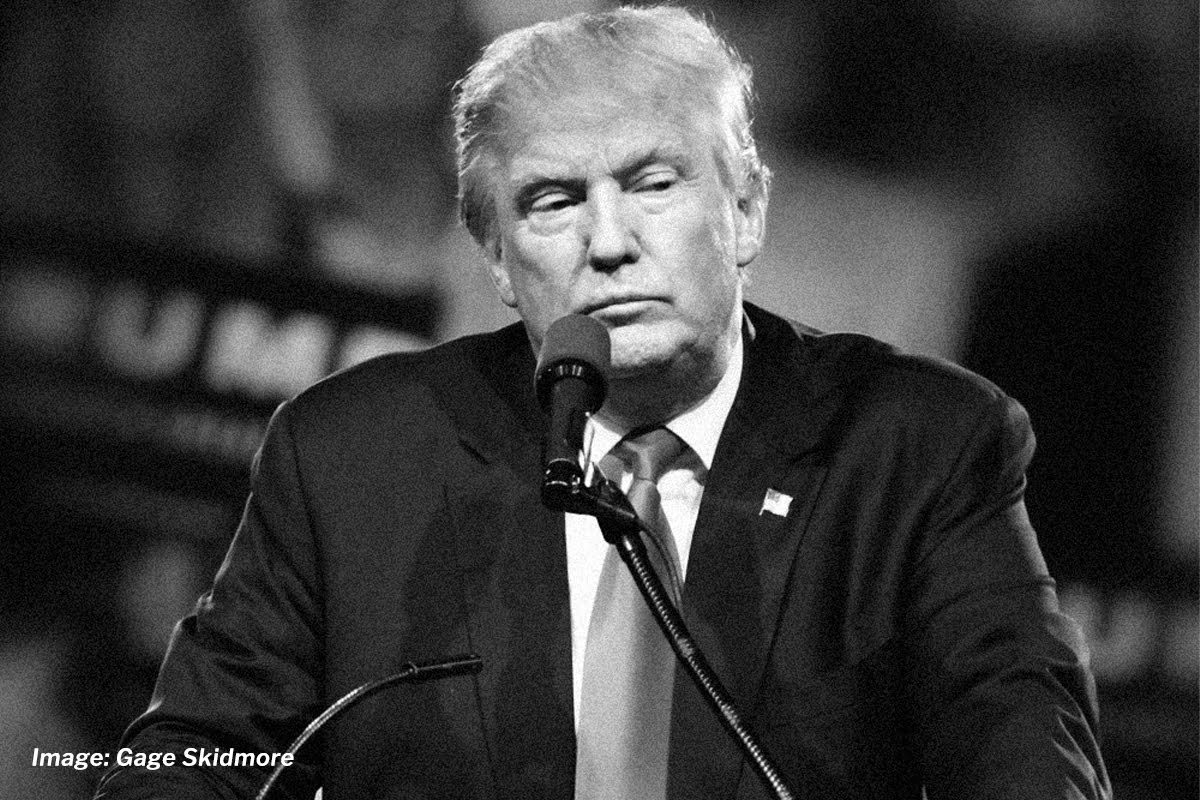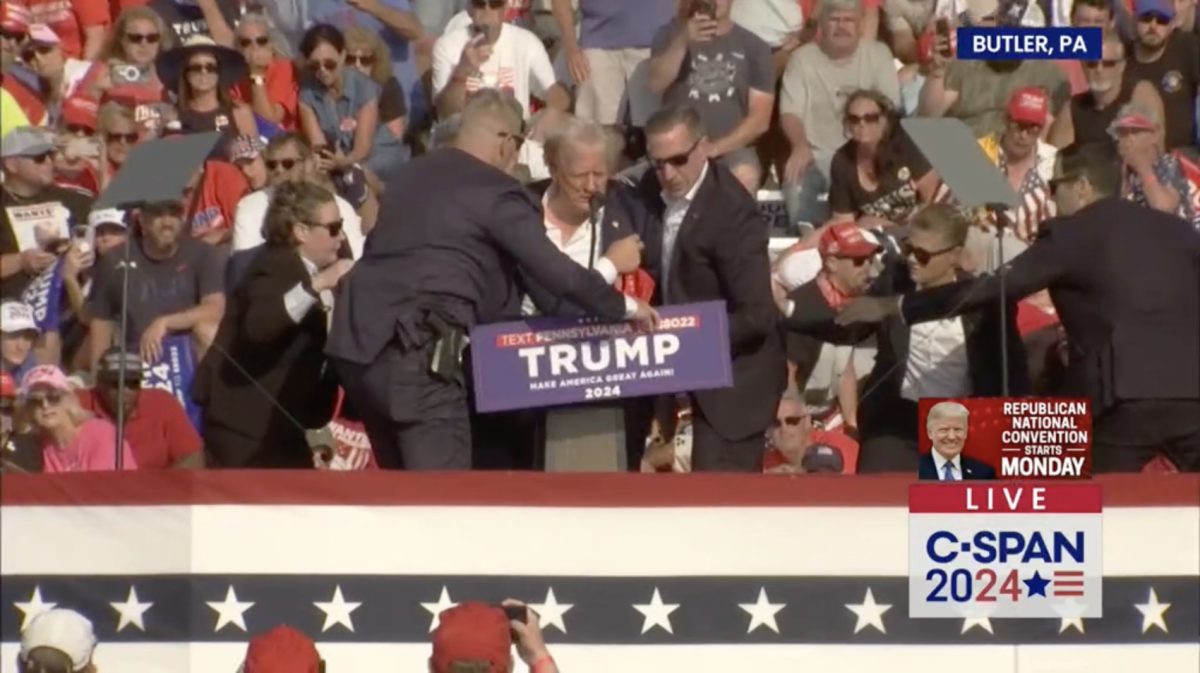Last week Wall Street was rocked by a mass demonstration of over 15,000 people
protesting against “corporate greed.” The crowd jammed the square and
stretched for blocks along Broadway. This unprecedented protest was a
manifestation of the mood of anger, bitterness and frustration that has
been accumulating for years in American society, which had already
previously erupted in the big demonstrations and walkouts in Madison,
Wisconsin, culminating in the occupation of the Capitol.
Last week Wall Street was rocked by a mass demonstration of over 15,000 people
protesting against “corporate greed.” The crowd jammed the square and
stretched for blocks along Broadway. This unprecedented protest was a
manifestation of the mood of anger, bitterness and frustration that has
been accumulating for years in American society, which had already
previously erupted in the big demonstrations and walkouts in Madison,
Wisconsin, culminating in the occupation of the Capitol.
Yesterday outside City Hall, New York. Photo: bogieharmondThis
is part of a general worldwide ferment, the clearest expression of
which was the Arab Revolution. These explosive events have had a
profound effect on the consciousness of the workers and youth
everywhere. This was shown by the statement made by Bob Masters of the
Communications Workers of America. He said the spontaneous uprising was
in keeping with popular revolts breaking out all over the world this
year: “Occupy Wall Street captured the spirit of our time,” he said.
“This is Madison. This is Cairo. This is Tunisia.”
Role of the students
The
demonstrations began in lower Manhattan twenty days ago. The majority
of the protesters were students. This is a natural development. Although
the students cannot play an independent role in the class struggle,
they are always a sensitive barometer that reflects the tensions and
contradictions that are silently accumulating in the depths of society.
Historically, the students always tend to move first. They can
anticipate a movement of the masses.
What is significant is the
class content of the slogans shouted by the protesters. This is a
movement of the poor against the rich, of the exploited against the
exploiters. Ordinary Americans who have had to bear the brunt of the
crisis have seen their living standards decimated while the bankers who
have helped themselves to billions of dollars of public money award
themselves lavish bonuses.
Filmmaker Michael Moore attacked the
fat cat bankers in plush offices far above the street. “They are
responsible for ruining the lives of millions of people,” he said. “They
weren’t just satisfied with being filthy rich.”
All layers of the
working class have seen their living standards eroded, including those
who long considered themselves “middle class.”
“I feel the middle
class has been under attack for some time now. I always wondered when
this was going to happen,” said Jimmy Shea, 45, a union carpenter at
Lincoln Hospital in the Bronx. “The students set it off with Occupy Wall
Street and the unions came around because the unions are finding the
same problems as the kids,” he added.
The mood of many was summed
up by Alex Ponton, a 67-year-old retired salesman who had never been to a
protest before: “I want the wealthy to pay their fair share. If, in
some small way, I can show up and yell and support and march, I’ll do
whatever I can do to help Main Street.”
Role of the unions
The
media at first attempted to portray the demonstrators as a bunch of
hippies and eccentrics, highlighting the presence of people dressed as
clowns and zombies. But this cynical propaganda was immediately cut
across when thousands of workers and union members joined protesters
marching through the financial district of New York.
At first the
unions mostly watched from the sidelines as the Occupy Wall Street
protests grew from a motley band of activists camping in a park into a
movement that was growing in strength and spreading across the country.
Members
of the city’s biggest unions marched in solidarity with the students
who began camping out three weeks ago to protest the excesses of the
richest 1%. “We are the 99%. So are you!” protesters chanted as they
marched to Foley Square, just north of City Hall. “It’s an epic march,”
said John Samuelson, president of the Transport Workers Union Local 100,
who urged his 35,000 bus and subway workers to march.
Among these
is the New York State United Teachers (NYSUT), the Empire State’s
largest union, representing 600,000 teachers. In an interview on
Tuesday, spokesman Carl Korn publicly offered NYSUT’s support for Occupy
Wall Street and its message about shrinking income inequality,
investing in public education, and making the rich pay. “Teachers and
public employees represent the other 99 percent; they are not in the 1
percent,” Korn said, echoing the theme of the occupation.
The
participation of organized labor in this protest represents a most
important development and a turning point. The unions have put new
energy into the campaign, adding organizing coherence and greater
numbers to the demonstrations. The union intervention has served to
clarify and sharpen the much more amorphous and confused message of the
early protests, concentrating it more on the economic issues. One
demonstrator was quoted as saying that he welcomed the participation of
the unions because it gave the protest more substance, “so it doesn’t
appear to be a clown show.”
Police violence
It was now
impossible for the media to present the protests as a circus. It was
obvious that many were just ordinary Americans who are fed up of the
oppressive rule of big business and the political Republican-Democrat
establishment that defends it, ignoring the plight of millions of
working, poor, and middle class families.
The march was entirely
peaceful, with an almost festive mood. But when night fell the mood
changed, as some of the younger demonstrators tried to pass beyond the
barricades blocking them from Wall Street and the stock exchange. At
this point the police turned violent, revealing the real repressive face
of the state in the service of big business.
After a round of
speeches, the marchers headed back to Zuccotti Park. Then, according to
witnesses, about 200 people tried to push through barricades and police
penned them in with orange netting. Dozens of people were arrested,
manhandled and blinded with pepper spray.
A video posted on the
Occupy Wall Street Twitter account last night showed police swinging at a
protestor with a night stick. In just a few hours, the demonstrators,
many of whom were probably naive and inexperienced, have received a
valuable lesson as to the true meaning of “democracy” and the right to
peaceful protest.
The protests spread
The protests are not
confined to New York. An explosive mood of frustration is spreading
like wildfire around the country. In Boston an occupation in solidarity
with New York has begun. An eyewitness writes of a mass meeting held
last Friday:
“The general message was one of anger
against the current system with money in politics, the fact that most
people have been ignored by the current political process and that
social/economic inequality has not been addressed. There is also a lot
of anger at the banks, bailouts, and the financial system as well.” (Impressions from Occupy Boston)
The
signs carried by the occupiers range from “We are the 99 percent” to
“Capitalism is Criminal.” There are salutes from passersby at times. The
most consistent to honk their horns in support are truckers and taxi
drivers.
Messages of support have come as far away as London and
Egypt. A very interesting detail is the attitude of the Boston police:
“Some police officers have offered salutes to the protesters and more
than a few have helped to carry supplies when they arrive.”
There
is a questioning of the capitalist system that was not present before.
This is also an important change. The eyewitness from Boston mentions
the kind of questions that are being debated by the people:
“Here
are some of the questions that have been raised? What is wrong? How did
we get here? Why does this culture spawn corruption? Who created
wealth? Why isn’t that wealth shared equally? Why are students going to
school in order to gain useless degrees and debts that they can’t pay?
Do we all have the right to the necessities of life? And if we do, what
will it take to get those necessities? Can the system be reformed? If
not, what will it take to make some fundamental change? Is capitalism
the best of all possible worlds? Is communism?”
Marx
explained that for the masses, one real step forward of the movement is
worth a hundred correct programs. The Boston comrade continues:
“However,
when mass movements boil over they draw people together. The seemingly
isolated atoms of society become drawn together and speak. A remarkable
chorus of different voices playing different melodies are fusing and
intermingling in a new symphony. Suddenly, you are no longer alone. You
can speak freely and others will listen. You can air your concerns. New
views can break through the muck of ages and crystallize latent
connections in the mind. Through discussions, marches and expressions
you can gain the type of education that it may take a lifetime to gain.“To
give an example, some comrades and I went off to a corner to discuss
what we thought the demands of the movement should be. There were only
five of us to begin with. Yet those walking by listened to our
discussions and just came over. They started to air grievances, state
demands, and articulate their values. The atmosphere was free. Everyone
listened with respect and open ears. Since this was a festival, each
voice may at times be echoed by another voice. At times a voice may find
someone disagreeing.”
This shows that there is a
ferment of ideas and debate out of which clear socialist and
revolutionary ideas will gradually emerge.
Democrats and Republicans scared
The
political establishment can no longer ignore the movement. This is not
like the notorious Tea Party movement, the distilled essence of
reactionary middle class hysteria that has been nurtured by the
Republicans for their own cynical purposes.
It is self-evident
that the Occupy Wall Street movement supports neither Democrats nor
Republicans but is a protest directed against both. The victory of Obama
was an expression of widespread disgust against the discredited Bush
administration and all its works. Millions of ordinary Americans
believed that they were voting for change. But there has been no change,
only more of the same. The packaging is different, but what is inside
is just the same. It has taken a little time for this fact to register
in the popular consciousness. But now the truth has dawned on millions
of workers, poor and middle class people: these parties and leaders do
not represent us; they only represent the interests of the rich and
powerful!
Some Democrats are trying to get in on the act, sensing
that there may be votes to be won here. Thus, Louise Slaughter of
upstate New York stated: “For 30 years, America’s middle class has
watched its living standards erode while the wealthiest 1% amass
fortunes that would make the robber barons blush.”
But this is a
genuine grassroots movement that is far to the left of the Democrats.
Indeed, many of the latter are probably more scared of it than are the
Republicans. Democratic Caucus chairman John Larson of Connecticut has
said: “The silent masses aren’t so silent anymore.”
That was well
said. But Mr. Larson overlooks the small detail that the people
protesting on the streets are expressing their discontent not only with
the Republicans but with the Democrats and the politicians in Washington
in general And a man who rides on the back of a tiger will find it very
difficult when he tries to dismount.
As for the Republicans, they
naturally hate this movement, which is the antithesis of the big
business interests they even more openly espouse. Herman Cain, the
Republican primary front runner and Pizza mogul, attempted to smear the
movement as tools of Obama. “If you don’t have a job and you are not
rich, blame yourself!” said the fat cat owner of the appropriately named
Godfather Pizza business.
Another would-be Republican president,
Newt Gingrich, was a bit smarter, describing the demonstrations as a
reaction to Obama’s policies – the bank bailouts in particular. Smarter
but completely dishonest, since it was Republican George W. Bush who
initiated the policy of massive bank bailouts, saddling America with its
present vast and unsustainable public debts.
A Labor Party is needed!
Even
some of the people in the skyscrapers on Wall Street against whom the
anger of the demonstrators was directed expressed a degree of
comprehension, and even a sneaking sympathy for the protests. A
journalist from the British Channel Four News asked a man in a smart
suit whether he was surprised at the protest, to which he replied: “I am
surprised that there have not been protests in every American city long
before this.”
There are the elements here of a broad coalition
that brings together all the exploited, dispossessed and oppressed
layers of society. And the natural leader of this coalition is, and must
be, the organized working class.
At least 39 unions and community
organizations joined Wednesday’s march in New York, including groups
like MoveOn.org and the Coalition of the Homeless. But by far and away
the most powerful were the unions: the United Federation of Teachers,
the Communication Workers of America, the United Auto Workers, the
United Healthcare Workers, the Public Employees Union DC37, and many
others.
This represents potentially a powerful force for change.
But it must be organized and mobilized. A number of other key unions
have officially endorsed the Occupy Wall Street protests, including the
AFL-CIO federation, SEIU, and the Teamsters. This is an important
starting point. But it is not enough.
The time has come for US
labor to sever all links with the Democrat Party, which is only the left
boot of big business. The time has come to set up an independent Labor
Party based on the unions, which will attract to its banner all the
living forces of American society. The Campaign for a Mass Party of Labor (CMPL)
points the way forward and is working to raise this idea in the unions.
No effort must be spared to spread the campaign and raise this idea in
every town and city, in every factory, workplace, school, and union
local.
What we are seeing on the streets of New York is the
beginnings of a sea-change in American society and politics. What is
required is a party that can organize, unite and galvanize the feelings
and aspirations of the masses and provide them with a vehicle that can
put an end to the present intolerable state of affairs and reconstitute
society from the bottom up.
It may be objected that the
demonstrators in New York had no clear program for changing society.
That may be true. But from where do you suppose they can get such a
program? The masses, whether in the USA or any other country, do not
learn from books but only from experience. And who can doubt that the
people of America are learning, and learning fast?
Maybe the
people who demonstrated yesterday did not know exactly what they wanted.
But they know very well what they do not want, and that is a very
important fact. We are witnessing a major turn in the situation on a
world scale. From Tunisia to Egypt, from Madrid to Athens, in one
country after another, the masses are entering the scene of history.
It
is not a case of this or that country. What we are seeing is a global
crisis of capitalism, which as night follows day, must express itself as
a worldwide movement in the direction of revolution. The causes of
these movements are very similar, if not identical.
It is the same
spirit that moves the masses, the same feeling of burning indignation,
the same sensation that what we have now is intolerable, does not
deserve to exist, must be overthrown and will be overthrown.
The
comrade from Boston asks: “Are we that spark which will light a fire?
Have we already?”A middle-aged and obviously middle-class woman in New
York yesterday told a BBC reporter: “We need another American
Revolution”. That is the way that consciousness is developing. It is the
voice of the future. Everything else is only the past.
London, October 6, 2011






